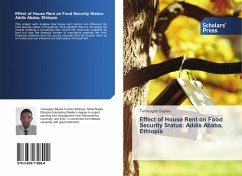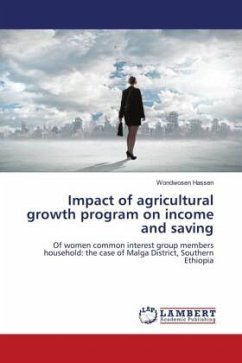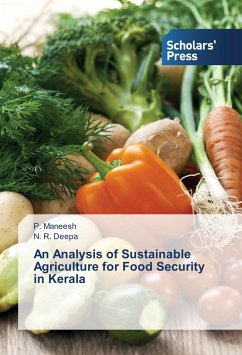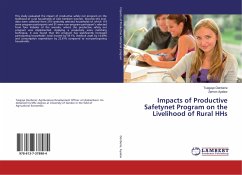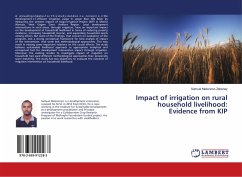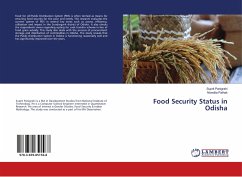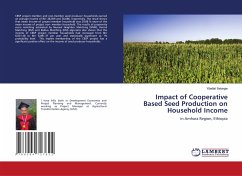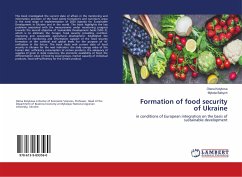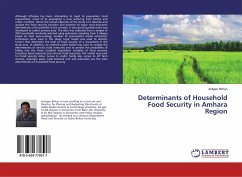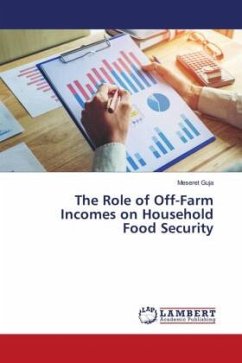
Agricultural Packages and Food Security
Versandkostenfrei!
Versandfertig in 6-10 Tagen
30,99 €
inkl. MwSt.

PAYBACK Punkte
15 °P sammeln!
Since 1980s, the concept of household food security has attracted great interest among research institutions, international aid organizations, government agencies and NGOs involved in social and economic developments. However, in Africa, food security has worsened since 1970 and the proportion of the malnourished population has remained within the 33 to 35 percent range. Similarly, in Ethiopia millions of households, especially in rural areas, suffer from chronic food insecurity and receive food aid on an annual basis. It was admitted that availability, though a necessary element, is not suffi...
Since 1980s, the concept of household food security has attracted great interest among research institutions, international aid organizations, government agencies and NGOs involved in social and economic developments. However, in Africa, food security has worsened since 1970 and the proportion of the malnourished population has remained within the 33 to 35 percent range. Similarly, in Ethiopia millions of households, especially in rural areas, suffer from chronic food insecurity and receive food aid on an annual basis. It was admitted that availability, though a necessary element, is not sufficient for food security, because food may be physically existent, but inaccessible, for those who are in need. The government of Ethiopia, in collaboration with a range of donors, has introduced the Food Security Program to reduce poverty. This book studies whether the agricultural package and intervention have a significant impact on ensuring food security in Ethiopia.



